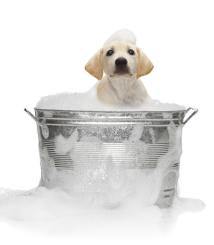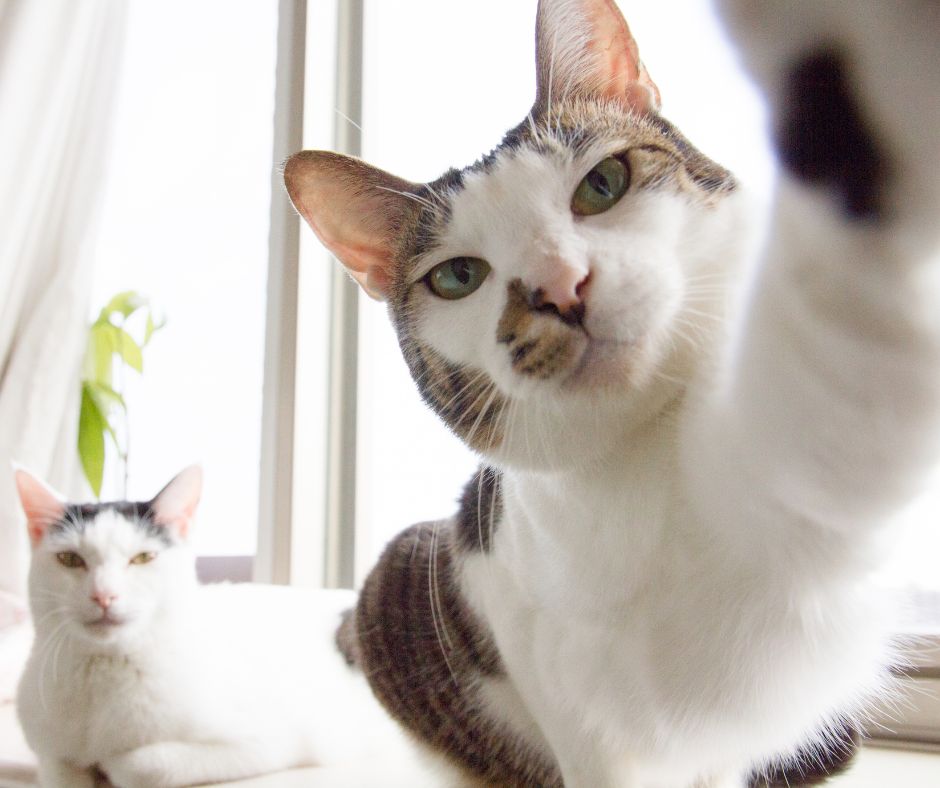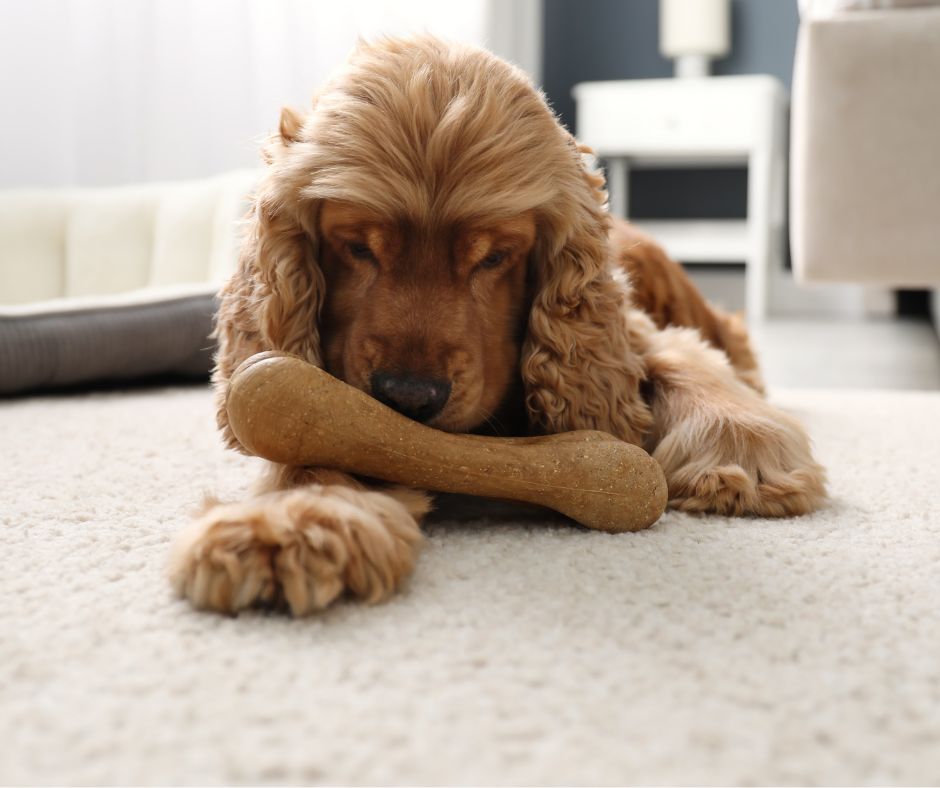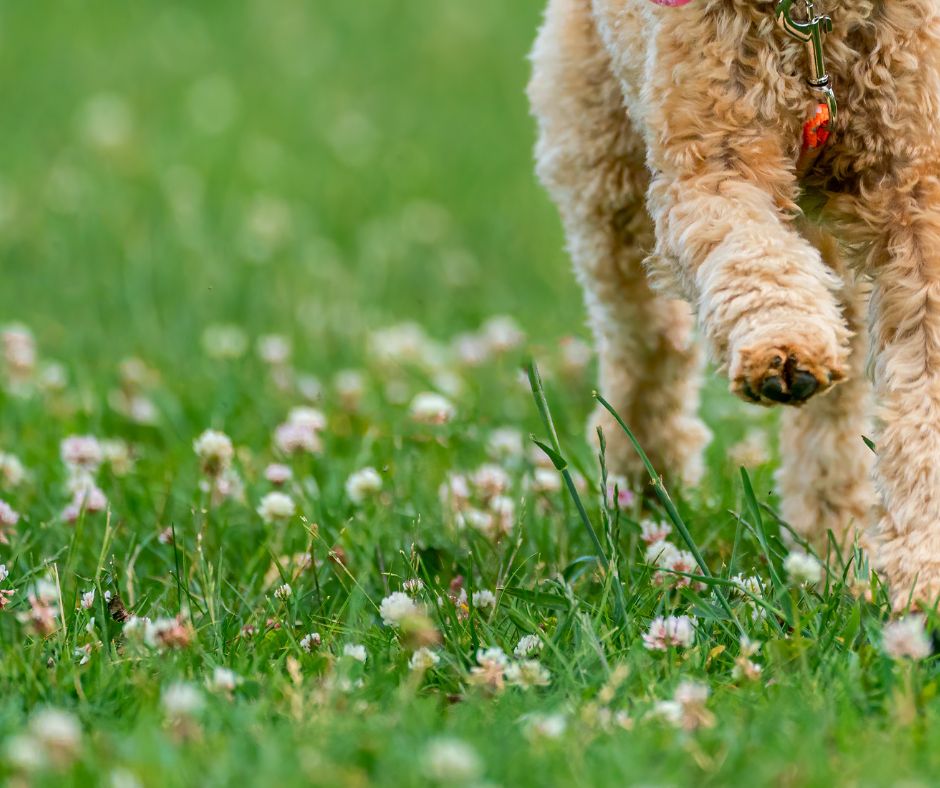- Home
- Home Remedies
- Natural Remedies for Flea Control
Natural Remedies For Flea Control
7 Home Remedies for Flea Infestation
There are many ways to combat fleas naturally! These natural remedies for flea control may be homemade from household ingredients, or for some folks they may include store bought flea products which are labeled as natural. Here are our choices.
Natural remedies for flea control - Around the house:
Here are a few things you may have in your house, or easily be able to get, that will help you fight fleas naturally. As you probably know, natural doesn't necessarily mean safe. Some natural flea remedies will be safe for dogs but not for cats, and some may be safe in the home but not on pets.
Powders
Salt: One thing we learned when battling fleas, is that they really like to hide out, and lay eggs, in the cracks and crevices of the house. Attacking them where the eggs, larvae and pupa lay hiding is critical.
Salt works by drying out the outer layer of the shell of fleas, leaving them vulnerable, and killing them by dehydrating them. Bear in mind that the salt will need to be very fine, like a powder. You may need to grind it down.
If you have humid weather, you may end up with a pasty mess, so make sure to vacuum it up before then. Also bear in mind that salt can irritate pet's feet, as well as cause dehydration if enough is ingested. Therefore we recommend it for application in hard cracks and crevices in the home.
Borax: 20 Mule Team Borax is a laundry additive. It works in much the same way as salt, killing adult fleas, larvae, and eggs by drying them out and absorbing moisture from the body. Borax is as safe as any household soap powder.
It's a good idea to apply it to not only cracks, and crevices (such as where the floor meets the walls or floorboard), also sprinkle under and in the cracks of furniture.
To be safe, apply when children and pets are away, and wear a mask to ensure you don't breathe in any powder.
DE, or Diatomaceous Earth, is the safest of powders we can use as natural remedies for flea control. It is made from the fossilized remains of marine phytoplankton.
Food grade Diatomaceous Earth is safe to sprinkle anywhere. You can put some on your pets bedding, even in their fur (taking care to avoid their muzzle and inhaling it).
Peppermint Oil is known to repel fleas, and to kill flea larvae. Because this oil is potent and potentially toxic to animals, we don't recommend it for use on animals unless you are versed in the use of essential oils.
But a diluted mixture of oil in either water (well shaken) or a carrier oil, sprayed in dark corners or under furniture can kill the larvae.
Natural Remedies for Flea Control: Baths
Dawn dish soap: Bathing is essential! Young, ill, pregnant and elderly pets are especially vulnerable to chemicals. Many have found success bathing a flea infested pet with Dawn dish soap. We found it helpful.
It didn't kill all the fleas, but it did immobilize them. It's gentle enough to use daily, which you'll probably need to do.
 Use natural remedies for flea control in and out of the bath
Use natural remedies for flea control in and out of the bathVinegar: Apple cider vinegar is a great after-bath rinse. It doesn't instantly annihilate the fleas, but it definitely helps. We noticed a marked difference when we incorporated this remedy. The fleas “let go” of our pets fur much easier in the bath, and rinsed away more efficiently.
Lemon: Lemon is an effective flea repellant, though not a flea killer. Many dog owners find success spraying their dog before a jaunt outside to avoid a re-infestation. Check out our recipe for homemade flea spray using lemon for more.
Using natural remedies for flea control takes more patience and dedication than simply applying a chemical treatment, but it can definitely work.
For those who want or need to avoid pesticides on their pets, regular use of homemade flea remedies can kill fleas and keep them away.



